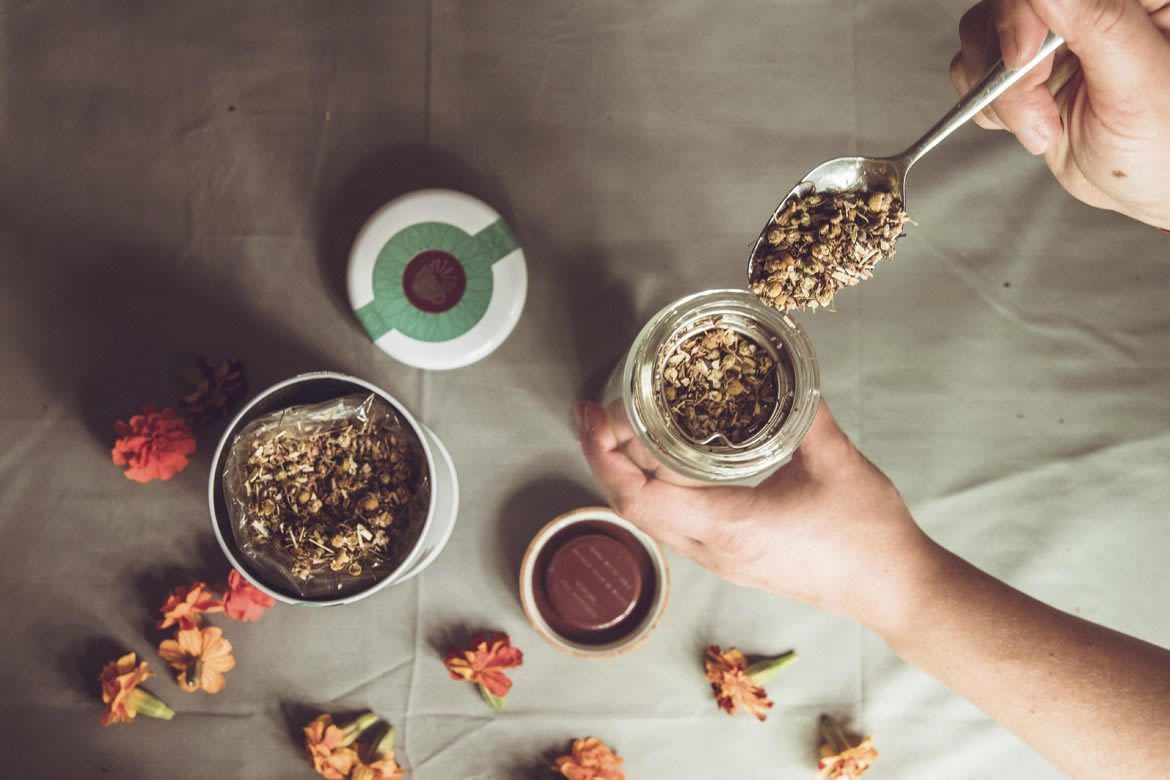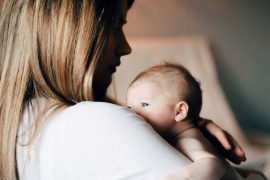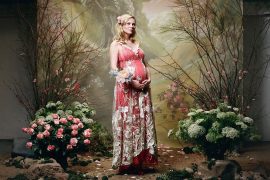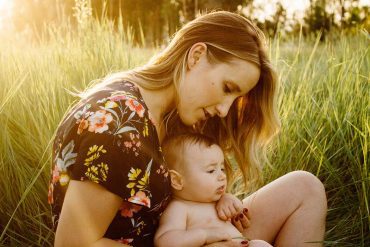By Hannah Schenker
There are plenty of reasons why drinking herbal teas are fantastic for pregnant women. Drying herbs and benefitting from their healing properties is an ancient tradition that has been passed down through the ages. Many of our modern-day medicines were originally derived from plant sources. But, just like conventional medicine, you need to know specifically what ailments you want to treat, and what effects the ingredients may have on yourself and your unborn child. Generic “pregnancy” tea blends have been appearing on the market recently, a bandwagon that many well-meaning tea companies have jumped on. But is it just a marketing gimmick?
So, what exactly is a tea blend, and how you would go about making one? We talked to Tracey Seymour, Certified Australian Tea Master and owner of MaterniTea, who with a team of naturopaths, herbalist and dieticians, developed their blends for pregnant women (none of which are called a “pregnancy tea”!).
“Pregnancy was always going to be my key focus when it came to the blends I would be creating,” Seymour says. “So it wasn’t good enough for me to be a certified tea master. I needed to know the blends I was creating for my customers were not only safe, but effective for managing the various challenges of pregnancy.”
After searching for people who had the specialist qualifications and knowledge required, Seymour formed her team. Collectively, they looked at each individual stage of pregnancy, from fertility, right throughout each trimester and on to post-birth recovery, identifying the various challenges each stage presented. Only then did they start creating tailored blends for each of the stages, using herbal ingredients known for their therapeutic ability to target those needs.
Seymour says, “To be effective, you need to match ingredients that have the ability to soothe, relieve and support those specific challenges and ensure they’re safe for that period of gestation. Not every herbal ingredient is safe to use throughout each stage of pregnancy, such as raspberry leaf or chasteberry for example. Just as not every herbal ingredient can be consumed in infinite amounts.”
So, teas for pregnant women must be dosed accordingly and tailored specifically to each trimester, something generic “pregnancy” teas could be missing out on.
“This why i have an issue with generic “pregnancy” blends,” Seymour says. “What is it that a ‘pregnancy’ blend is trying achieve, specifically? I’ve found for the most part they are a nice nourishing herbal tea but ineffective for managing or addressing specific needs. Or they include ingredients which should in fact be avoided during some stage of pregnancy, such as chasteberry (also known as vitex). Because of the potential effects on hormones, once a women falls pregnant, these herbs should be avoided.”
The team at MaterniTea have extensive experience and knowledge when it comes to these powerful herbs, and any recommendations for use of certain ingredients in their blends have been well-researched globally. “As a mum myself (and currently pregnant) my number one priority was safety,” Seymour says.
Some highly effective ingredients used in MaterniTea blends, that are not used by many tea companies that “pregnancy tea” include:
- Organic Green Bosch (unfermented rooibos)
- Organic Honeybush (cousin of the rooibos)
These ingredients can be quiet expensive and therefore are not often seen. They are extremely high in nourishing antioxidants, are powerful anti-inflammatories and soothing to digestive discomfort.
Keen to try some MaterniTea? See page 2…











